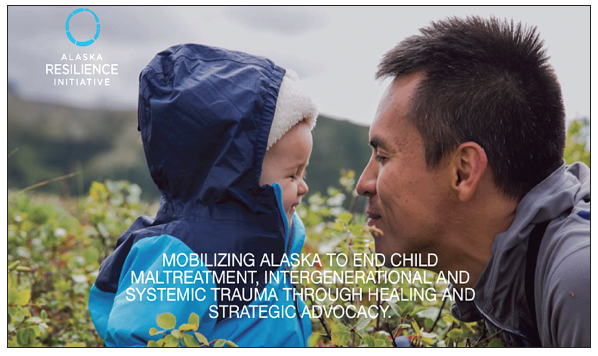HISTORy and hope
As parents, grandparents, aunts and uncles, neighbors and community members, we all care about children and their well-being. It is likely we know at least one child who struggles in school, who acts out in class or shuts down and withdraws, who often goes to the nurse or goes home sick, and who shows up at school late many days. We may also have an adult friend who wishes they could be healthier or happier, but who struggles with mental health issues like depression or anxiety, unhealthy eating or substance habits, and medical issues that seem beyond their control. Many of us may be that adult, and may have been that child. We may find this confusing and overwhelming, and not know why it’s happening or what to do.
What decades of research have shown us – and thousands of years of indigenous ancestral knowledge has taught us -- is that really hard times in childhood (known as “adverse childhood experiences” or “ACEs”), such as abuse and neglect or exposure to overwhelming amounts of stress from things like domestic violence and substance abuse in the household or severe bullying and discrimination in the community, can have negative impacts on children that show up in school and that last into adulthood and even into the next generation. These impacts include most social and physical health problems you can think of. For example, ACEs increase the risk that people will be addicted to drugs or alcohol, attempt suicide, drop out of (or get kicked out of school), have troubles in their job, and develop illnesses such as heart disease or cancer. This doesn’t mean that all child and adult problems come from children experiencing overwhelming stress or ACEs, but many do; as Dr. Rob Anda who led the original ACE study puts it: “What is predictable is preventable.” By understanding this, we can support families, communities, and institutions like schools to prevent ACEs or other kinds of overwhelming stress in the first place, and to help children and adults who’ve experienced ACEs to heal. One of the major goals of the Alaska Resilience Initiative is to provide education and support, and to change systems like schools and government to be “trauma-informed” and culturally responsive. For example, we offer training to schools on how classroom teachers can move away from a punishment-based approach to difficult behaviors in class, and can teach kids to understand and calm their own emotions. We also address the role that racism can play in school punishment, and how to create equity and honor the cultural backgrounds of students. There are many ways that we can use this information to help the children and parents in our lives, ways we can build on the science and ancestral knowledge to heal ourselves, and ways we can transform the institutions and policies that affect us and our children. Please reach out, learn more, and participate in this statewide movement! Reach us at www.akresilience.org, plus Facebook, Twitter, and YouTube. |
